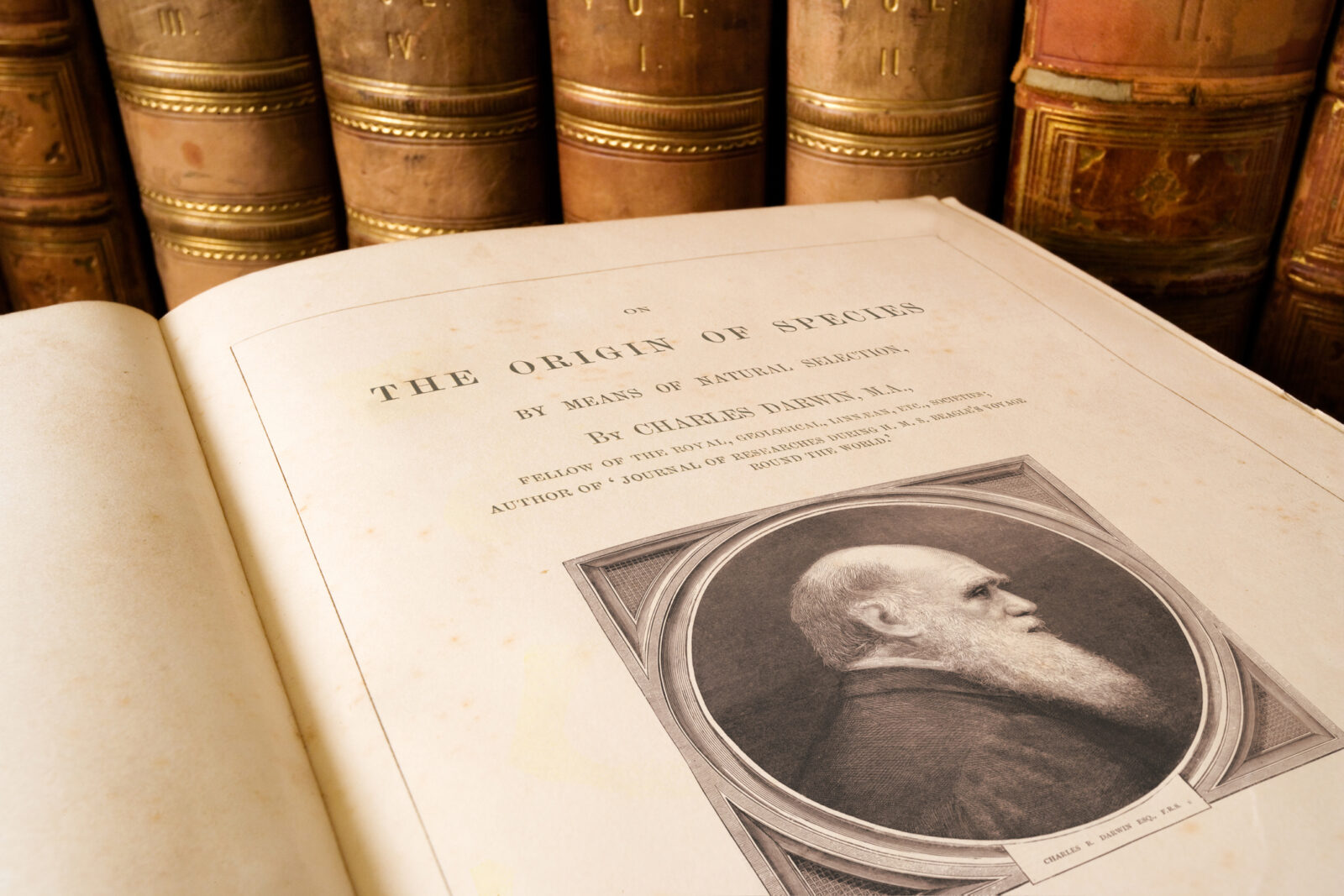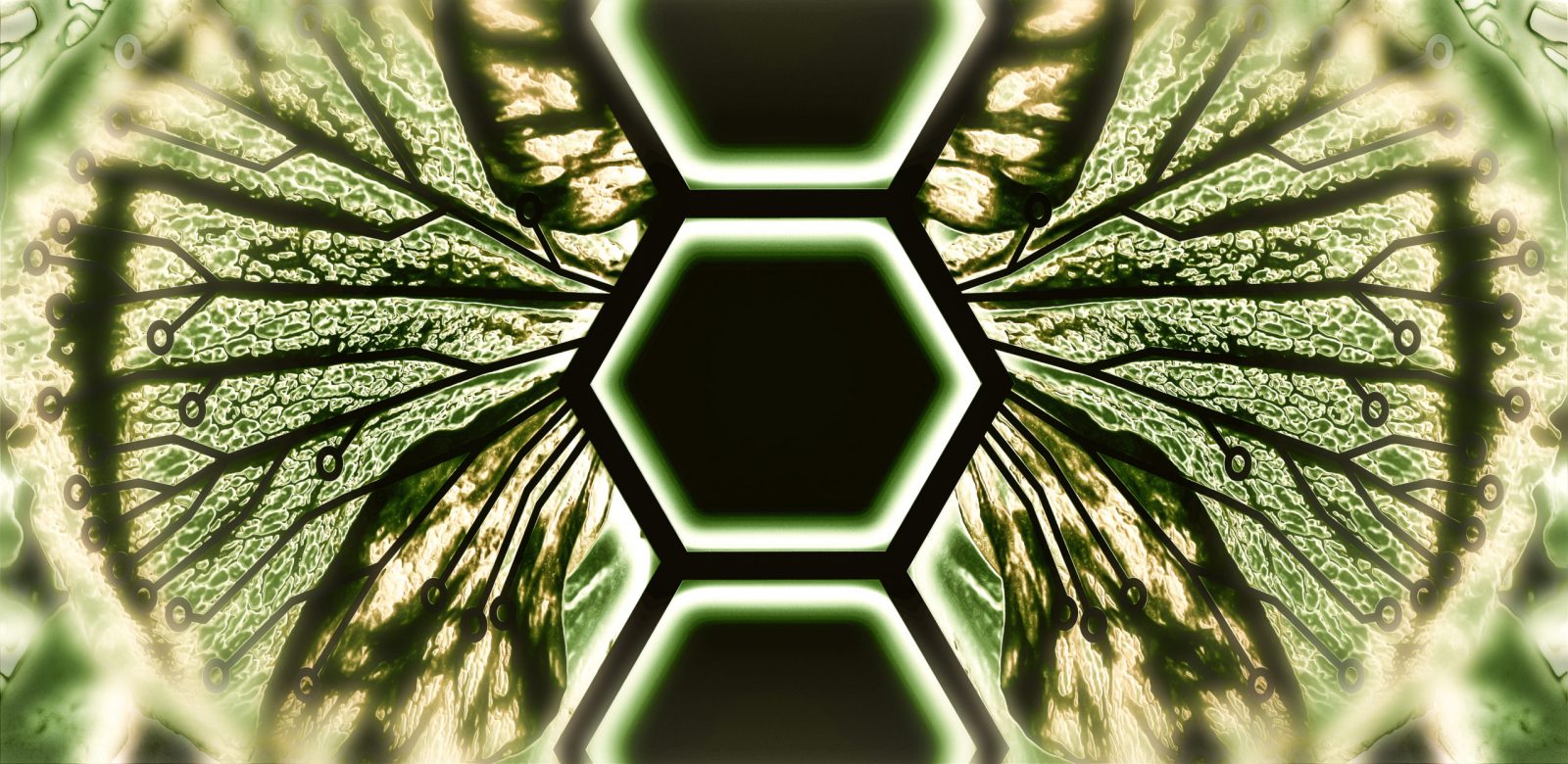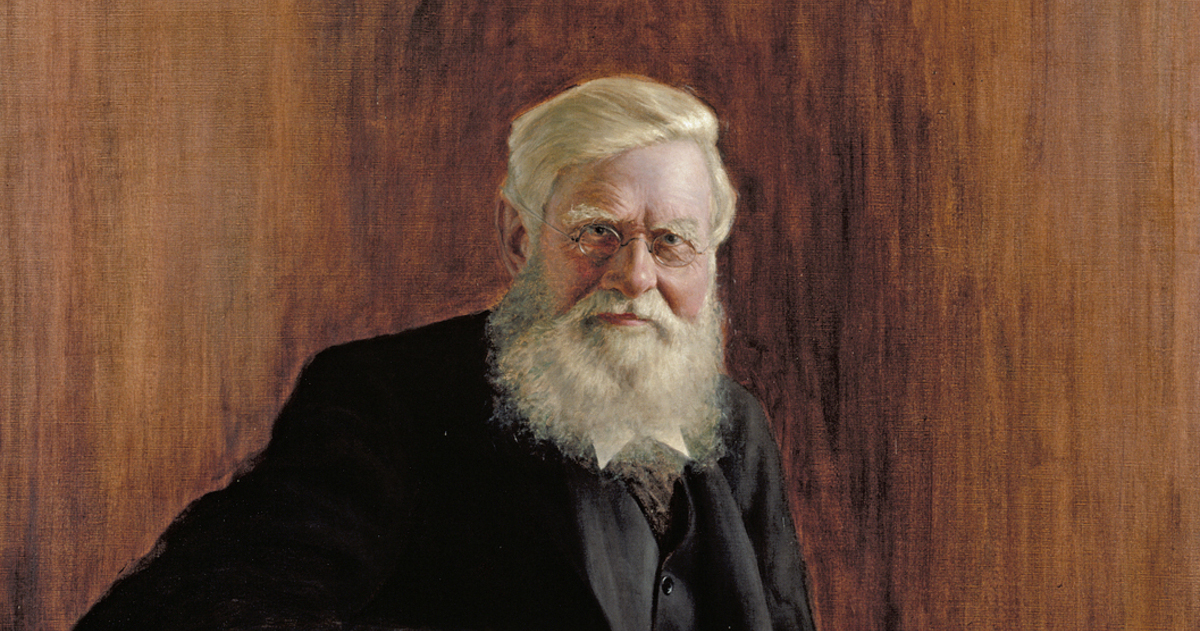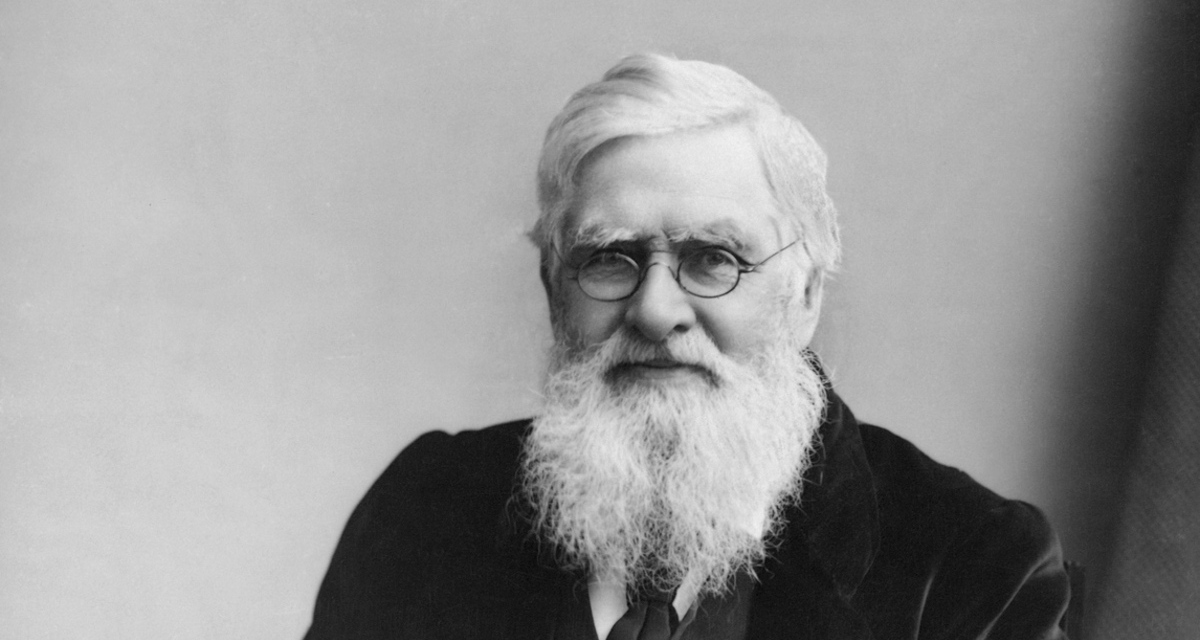


Darwin’s Bluff: An Interview with Robert Shedinger

Darwin’s Rhetorical Foundation of Sand: Theological Utilitarianism
On this ID the Future, biophysicist Cornelius Hunter explores Charles Darwin’s theological arguments for his theory of evolution. By theological, Hunter doesn’t mean that Darwin was arguing for theistic evolution. He means that Darwin received what is known as theological utilitarianism from the intellectual culture of his youth, which had strong deistic tendencies and expected everything in creation to be perfectly adapted, and he made a case against it, presenting mindless evolution as a better explanation for his observations of the biological world than theological utilitarianism. But one problem with this approach, according to Hunter, is that it assumed that theological utilitarianism is THE alternative to blind evolution. In fact, there are other alternatives, including an orthodox Judeo-Christian understanding of God’s relationship to his creation. In Hunter’s conversation with host Casey Luskin, he unpacks the differences in this other understanding of God and shows how Darwin’s tunnel-vision fixation on theological utilitarianism led him into multiple problems. Hunter further shows that this basic theological mistake of Darwin’s also crops up in later defenders of Darwinism. Hunter and Luskin end the discussion by making what may strike some as a surprising claim: Evolutionary theory, argued in the way that Darwin and many of his followers argue the case, is fundamentally theology-based, whereas the theory of intelligent design, which points to a design of life and the cosmos, is strictly science-based. The occasion for the interview is Hunter’s chapter on this subject in the recent anthology co-edited by Luskin, The Comprehensive Guide to Science and Faith: Exploring the Ultimate Questions About Life and the Cosmos. Check it out.

James Tour and Stephen Meyer on the Origin of Life, Pt. 2
On this episode of ID the Future, James M. Tour and Stephen C. Meyer begin a discussion about the hard problems facing researchers trying to discover how the first life could have come about naturalistically. Meyer is the director of the Center for Science and Culture; Tour is a world-renowned synthetic organic chemist with over 700 research publications and multiple major recognitions, including TheBestSchools.org naming him one of the 50 most influential scientists in the world today. Though he doesn’t sign on to ID theory, he says he’s sympathetic with the idea, and certainly not impressed with any naturalistic explanations for the origin of life. In this first of a three-part series, they explore problems ranging from the extreme improbabilities associated with protein assembly, to what precisely has gone missing in the nanosecond when a cell dies. The episode is excerpted from a longer interview Dr. Tour conducted with Meyer as part of his excellent new video series The Science & Faith Podcast: Follow the Evidence.

Humanity and Teleology: Darwin, Wallace and Lyell Debate Natural Selection
On this episode of ID the Future, Michael Flannery, historian of science and emeritus professor from the University of Alabama at Birmingham, discusses how Alfred Russel Wallace, co-founder of the theory of evolution by natural selection, broke with Darwin by arguing that the rise of humans required something more than blind evolutionary mechanisms. As Flannery also notes, the great geologist Charles Lyell sided with Wallace in the debate, to Darwin’s dismay. Listen in to learn more about Lyell’s idea of uniformity, the pro-Darwinian origins of the journal Nature, and how professional dissent from Darwinism has existed and persisted ever since Darwin’s Origin of the Species. And to dive deeper still, check out Flannery’s new book on Wallace, Nature’s Prophet.

Nature’s Prophet, Pt. 1: How Alfred Russel Wallace Embraced Intelligent Design
On this episode of ID the Future, historian Michael Flannery discusses his just-released book Nature’s Prophet: Alfred Russel Wallace and His Evolution from Natural Selection to Natural Theology. It’s the intellectual history of Wallace, who is credited with independently propounding the the theory of evolution by natural selection. Darwin insisted on a purely materialistic version of the theory, but as Wallace studied the evidence, he grew convinced that intelligent design also played a role in the history of life, particularly in the origin of humans. Though not a religious person, he broke with the rising scientism of his day to argue that there must be some “overruling intelligence” behind nature.
Read More ›